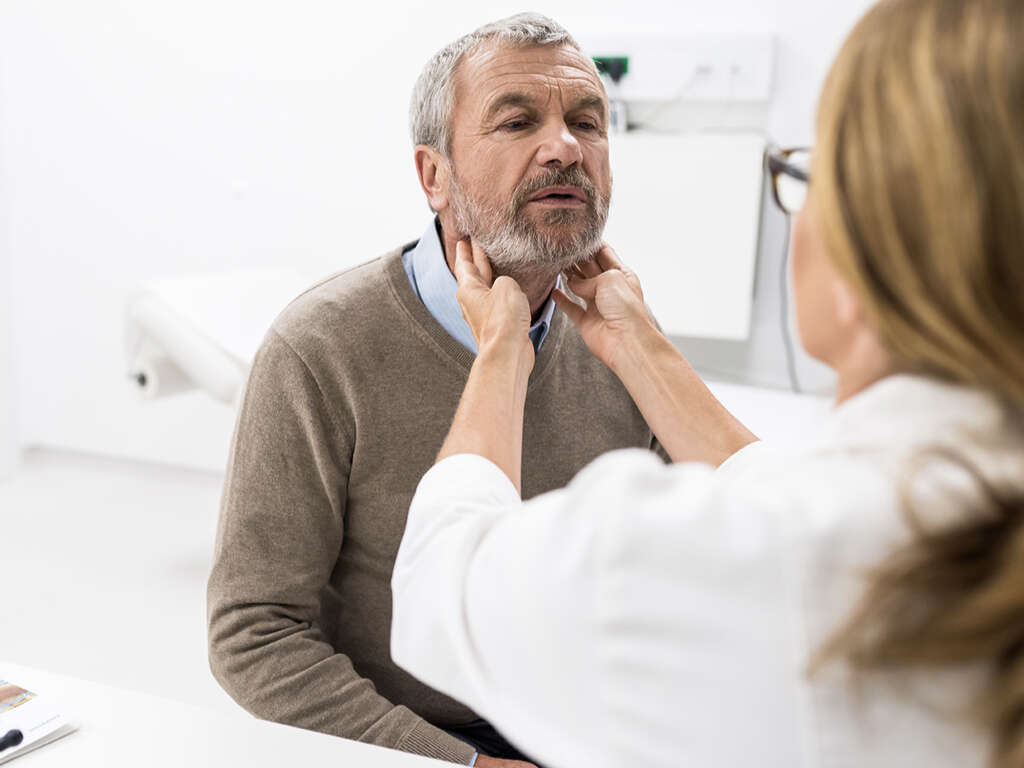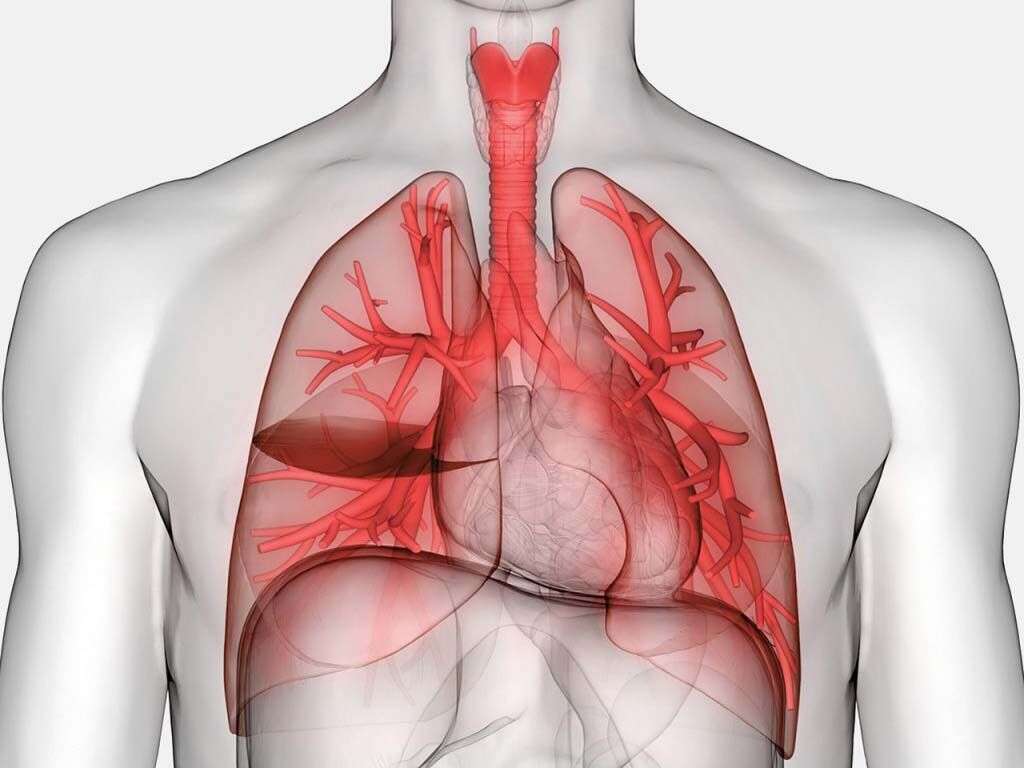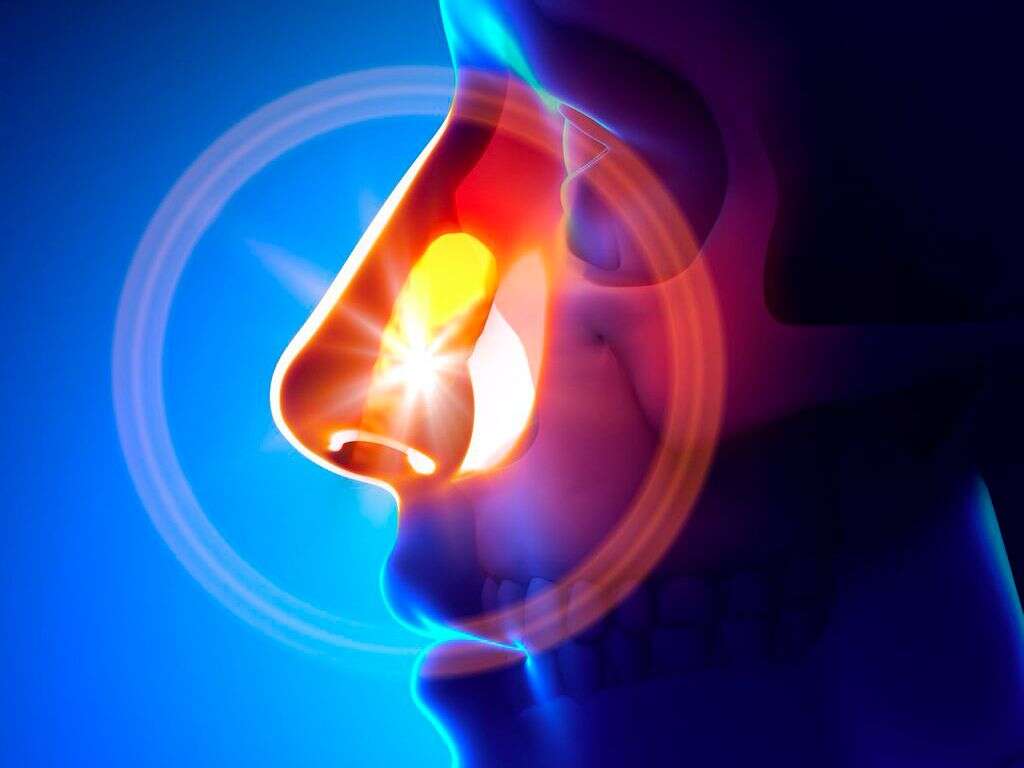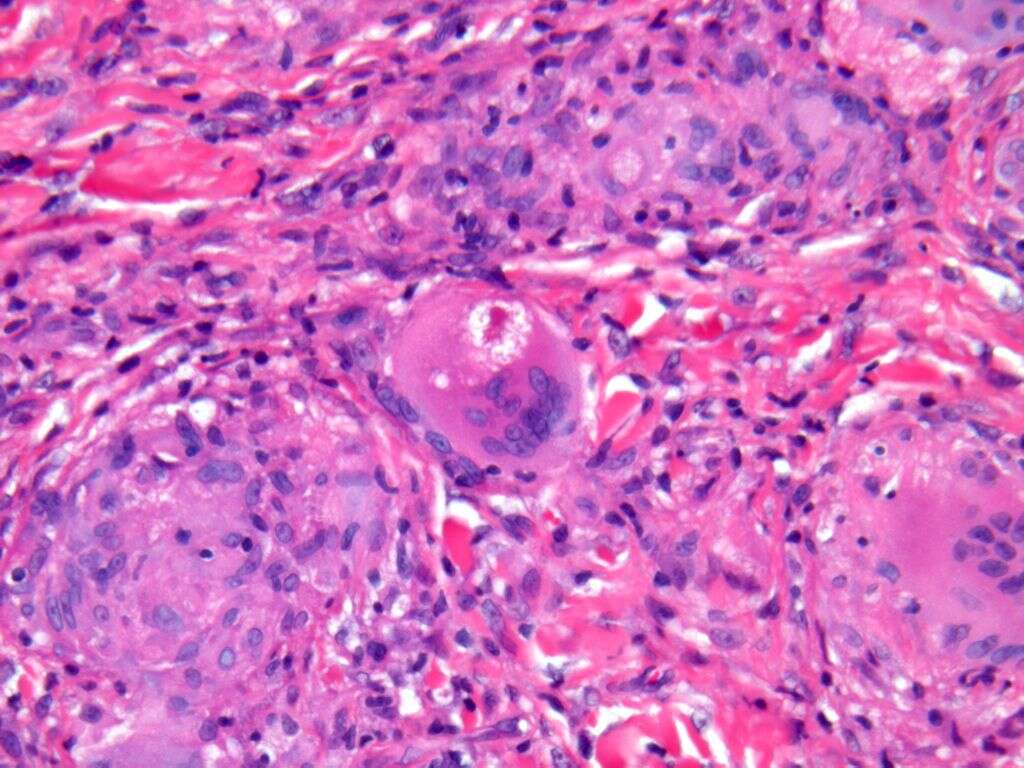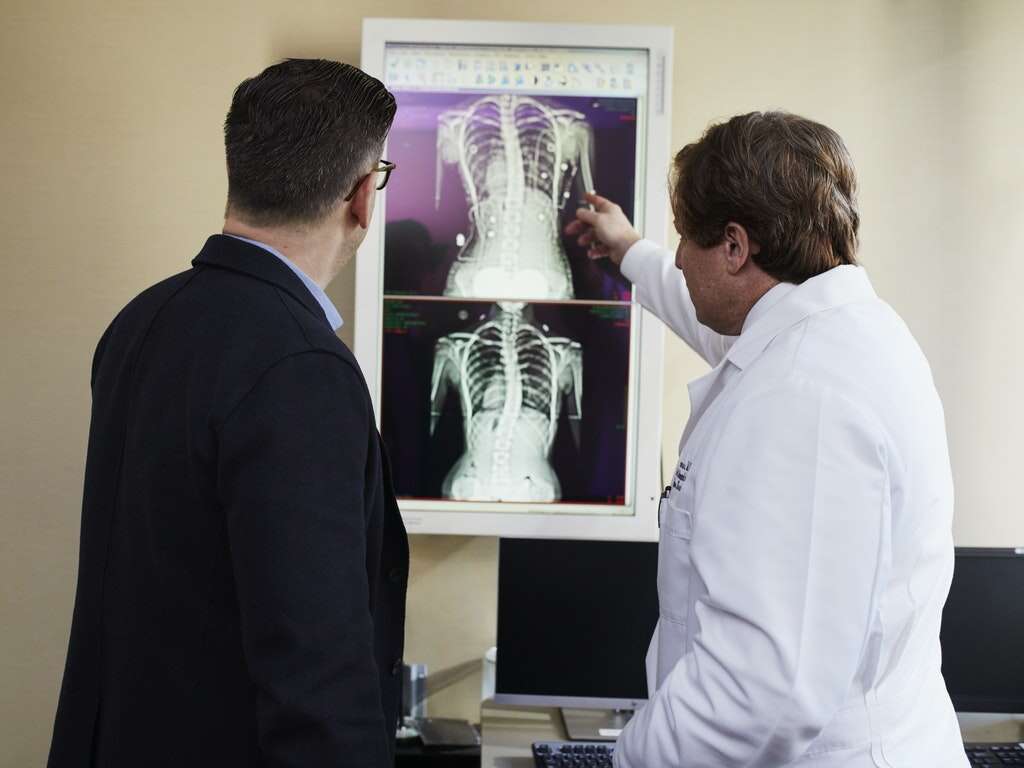10 Symptoms of Sarcoidosis
Sarcoidosis is a chronic inflammatory disease with an unknown cause which can affect various organs in the human body. Usually sarcoidosis affects the lungs and lymph nodes, but the heart, liver, the eyes, and skin can be affected as well. As mentioned, even though sarcoidosis can affect any organ, in more than 90% of cases it affects the lungs.
Sarcoidosis can affect both genders, even though females have a higher risk of suffering from sarcoidosis compared to males, especially after the age of 50 years old. Sarcoidosis most commonly affects people between 30 and 55 years of age.
In cases when an inflammation develops, clumps of inflammatory cells become granulomas. Granuloma, when formed, will interfere with the normal function of the organ where they develop. Major sarcoidosis symptoms include:
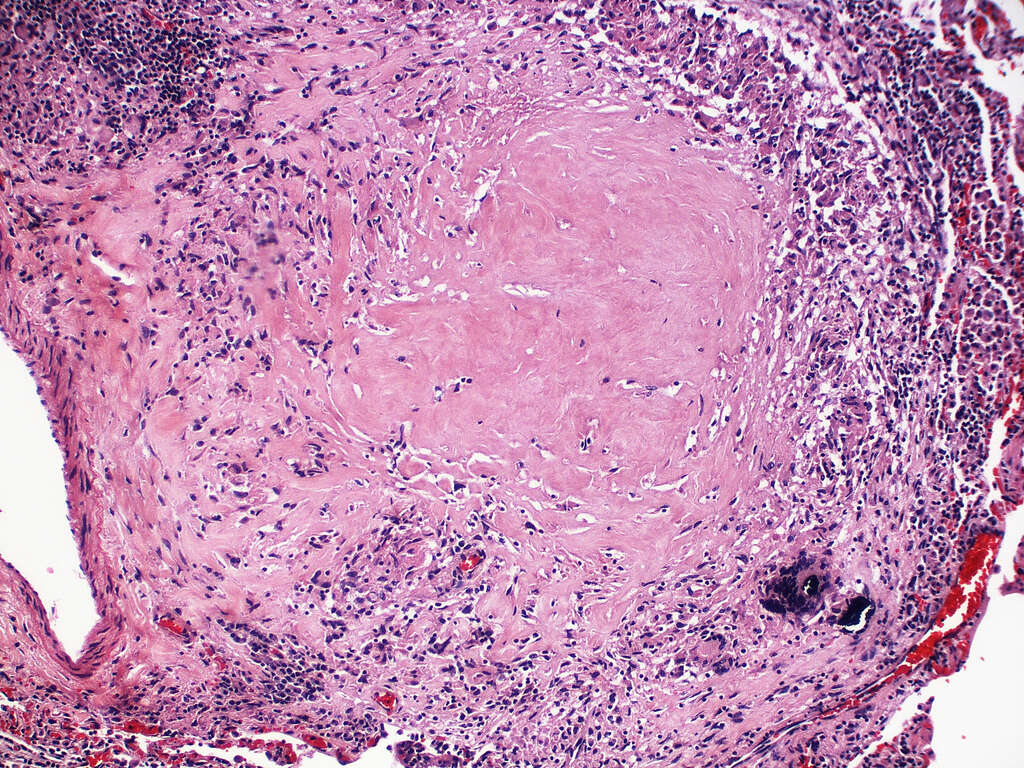
Symptom #1: Swelling of the Lymph Nodes
Lymph nodes are located all over the human body and their role is to make and store white blood cells. Sarcoidosis affects the lymph nodes as well, in almost 90% of cases.
In cases where inflammation of the lymph glands develops, they will become enlarged and not tender in touch. Even though swollen lymph nodes can be quite uncomfortable, they rarely cause any problem unless they put pressure on the blood vessels, nerves, or organ tissue.
Enlarged lymph nodes are commonly seen in the chest, neck, armpit, groin, and under the chin.

Symptom #2: Shortness of Breath and Chest Pain
As mentioned, sarcoidosis commonly affects the lungs. However, sarcoidosis can affect other organs too, including the heart. In this case, symptoms related to these organs occur, especially shortness of breath and chest pain.
Other possible signs and symptoms in cases when the lungs or the heart are affected by sarcoidosis include a dry cough, wheezing, and even coughing up blood in advanced stages of the disease. As you won’t get enough oxygen, light-headedness will occur.

Symptom #3: Irregular Heart Beat
Cardiac sarcoidosis affects more than 10% of patients in the US according to the American Heart Association. Irregular heartbeats feeling like palpitations or skipped beats are a common symptom in cases when sarcoidosis affects the heart. Other possible symptoms include shortness of breath, chest tightness, chest pain, coughing, light-headedness, fainting, etc. In advanced stages of the disease where the heart’s function is significantly impaired swelling of the legs is also possible.
These irregular heartbeats, medically known as arrhythmia, are caused by the presence of cluster cells surrounding the heart, leading to an even more inflammation and altering the normal function of the heart.
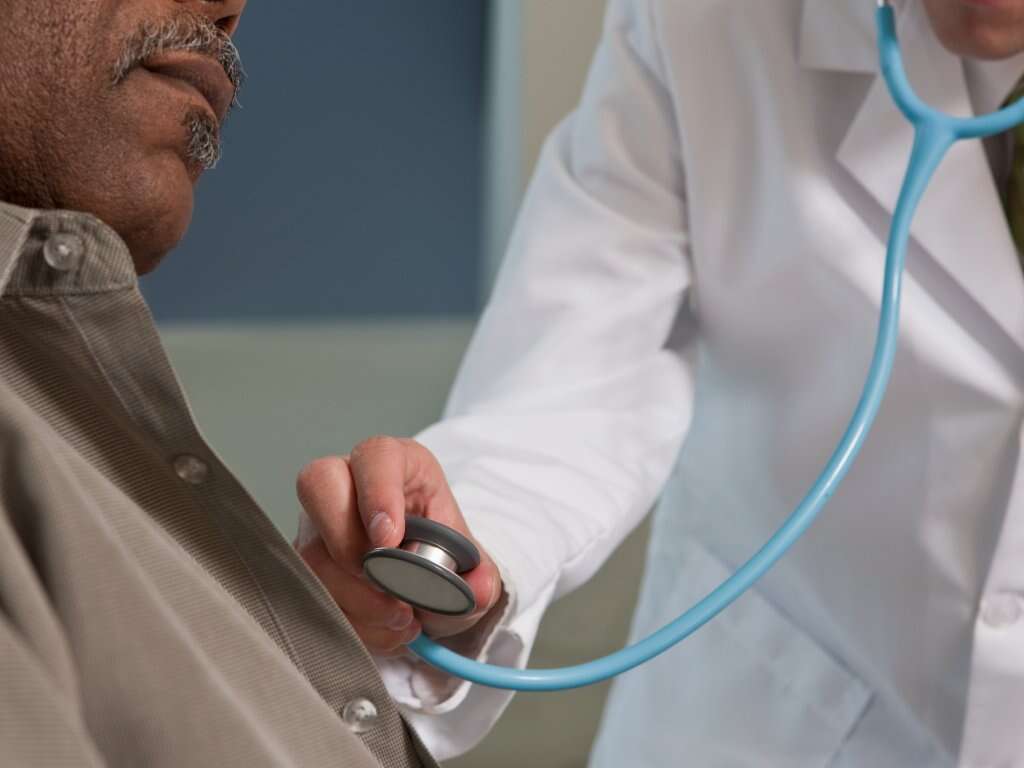
Symptom #4: Swollen Joints
Joints are commonly affected by sarcoidosis as well, leading to pain and swelling. The membranes that surround the joint will get inflamed, leading to excessive production of the synovial fluid which will be reflected as a swelling of the affected joint.
Joint pain and swelling can be chronic, occurring every now and then, followed by periods of remission. The pain may also be acute and sporadic. Any inflammation of the joint will lead to swelling and redness of the affected joint, accompanied by pain and even limited range of motion.
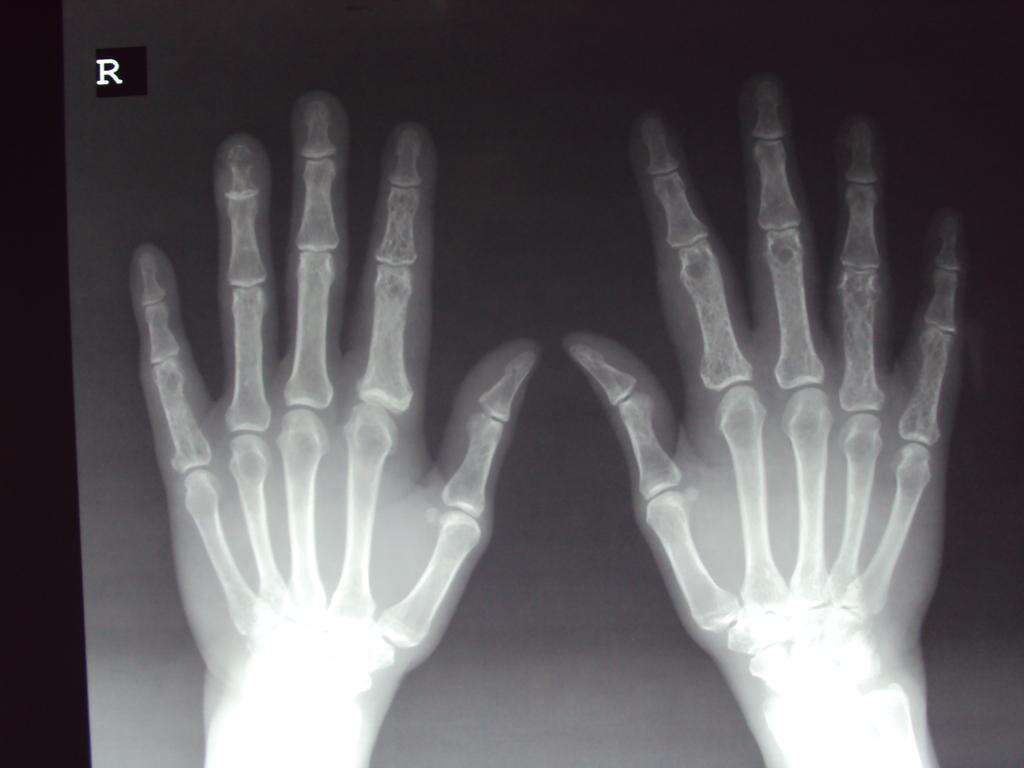
Symptom #5: Skin Growths
Skin growths, otherwise known also as erythema nodosum, are a common problem that people with sarcoidosis have to deal with. These are red, tender skin growths occurring usually on the front of the legs. These skin growths will resolve even without treatment within 6 to 8 weeks.
The presence of these skin growths is a good sign that this type of sarcoidosis tends to resolve on its own within a few months or years.

Symptom #6: Liver and Spleen Enlargement
Liver and spleen are also often affected in sarcoidosis. It has been estimated that granulomas in the liver occur in about 50 to 80% of patients. Luckily, this condition rarely causes serious liver problems. In cases where the liver is affected patients may experience skin itchiness, jaundice, pain on the upper right side under the ribs, liver enlargement, abnormal liver enzyme levels, portal hypertension, and cirrhosis.
In cases where the spleen is affected, pain on the upper left side under the rib cage is common along with a sensation of pressure. Other findings are spleen enlargement, leukopenia, anemia, thrombocytopenia, etc.

Symptom #7: Eye Problems
Sarcoidosis is a disease that affects the eyes sometimes, leading to various signs and symptoms including eye sensitivity and pain. Other eye symptoms include redness, a burning or itching sensation, dryness, tearing, vision problems and even a presence of small and yellow bumps on the eyes.
Uveitis is the most common eye problem related to sarcoidosis, which is an inflammation of the uvea. Because of the inflammation, the tear ducts can get clogged leading to keratoconjunctivitis. The tear glands can also get swollen because of the inflammation or presence of granulomas.
Other serious problems in cases where sarcoidosis affects the eyes include cataracts, glaucoma, and even blindness.
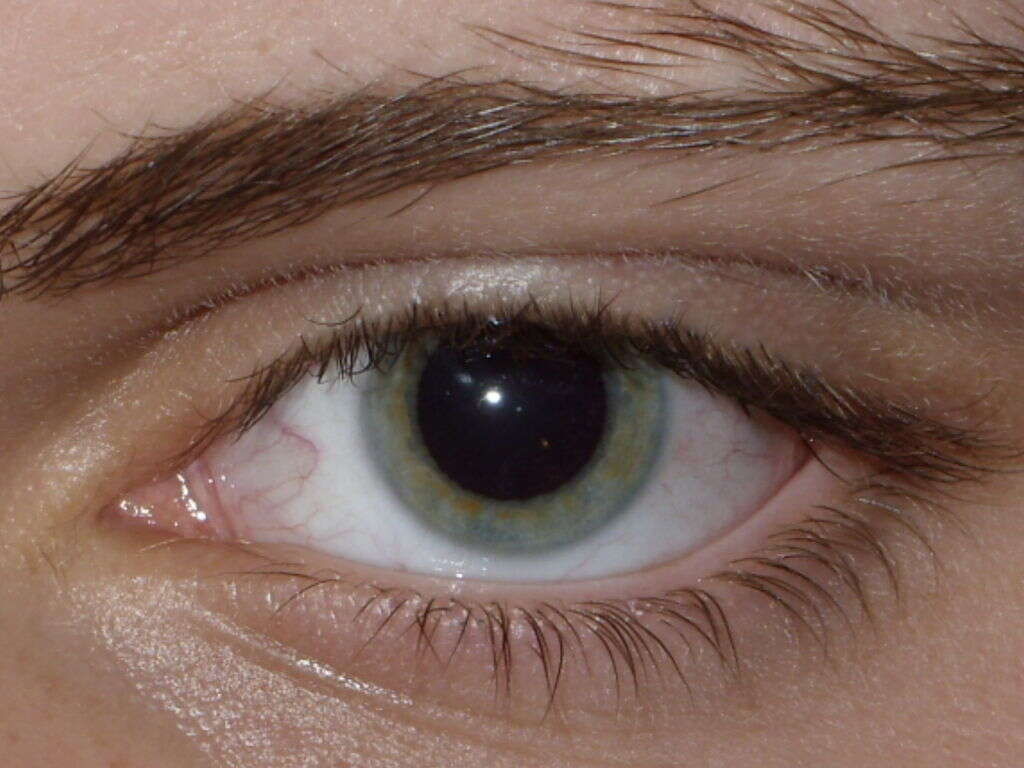
Symptom #8: Fever
Fever is one of the symptoms related to sarcoidosis. It usually goes together with fatigue. When the body is dealing with the inflammation caused by this disease, it is normal for the body temperature to get a little bit higher than normal. Fever is considered any body temperature higher than 38 degrees Celsius in adults.
If you have a fever and feel lethargic constantly during the last couple of days or weeks, or if you just are sleeping more lately, then get medical help. Perhaps, sarcoidosis is the cause of your symptoms.
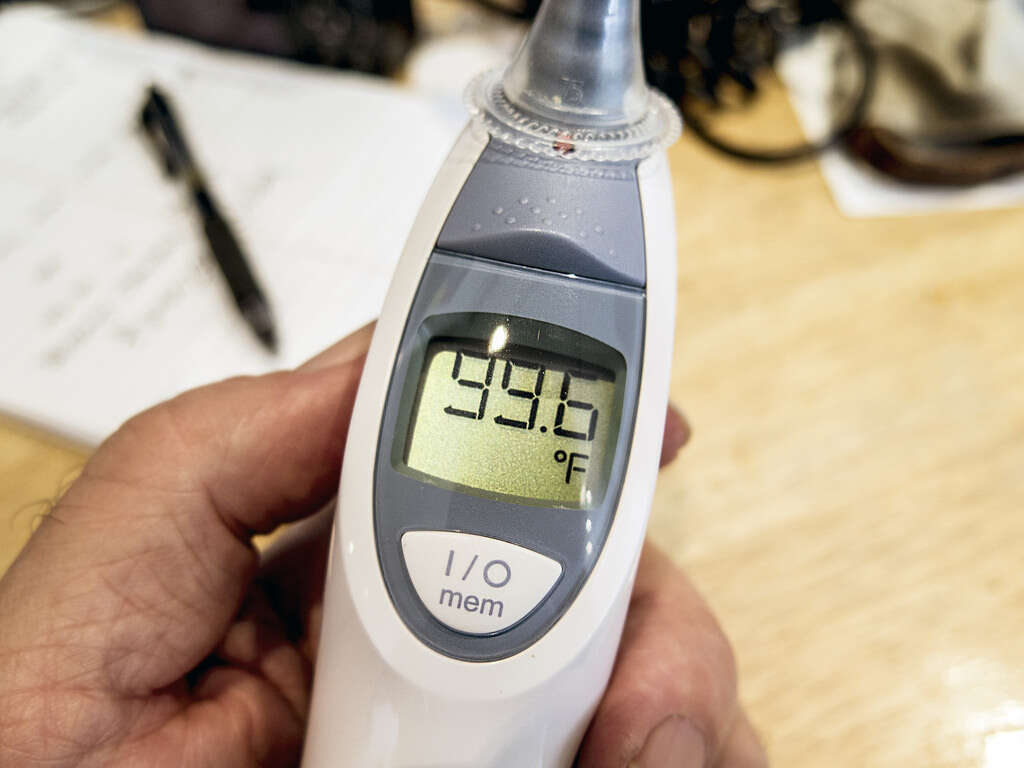
Symptom #9: Fatigue
Fatigue affects about 80% of patients with sarcoidosis. In some cases, fatigue can be so debilitating that patients have difficulty completing simple daily functions and working. Unfortunately family members or friends don’t always take it seriously. These factors can lead to a poor quality of life.
Lifestyle changes, healthy diet, good sleeping habits, regular physical exercise and weight reduction can help improve sarcoidosis related fatigue in many cases. However, as there is no test by which fatigue can be measured, it can be quite difficult to explain to others the level of fatigue a sarcoidosis patient experiences.

Symptom #10: Weight Loss
Weight loss is a common symptom of many diseases and conditions. Significant weight loss over a short period of time is something that should make you worried as it may indicate a serious health condition.
Normally, weight loss will have a great impact on your body and overall health. Weight loss in cases of sarcoidosis is related to the fact that the body is trying to fight the granulomas. In cases when the human body is not functioning properly, the necessary nutrients are not absorbed as they should from the digestive system.






